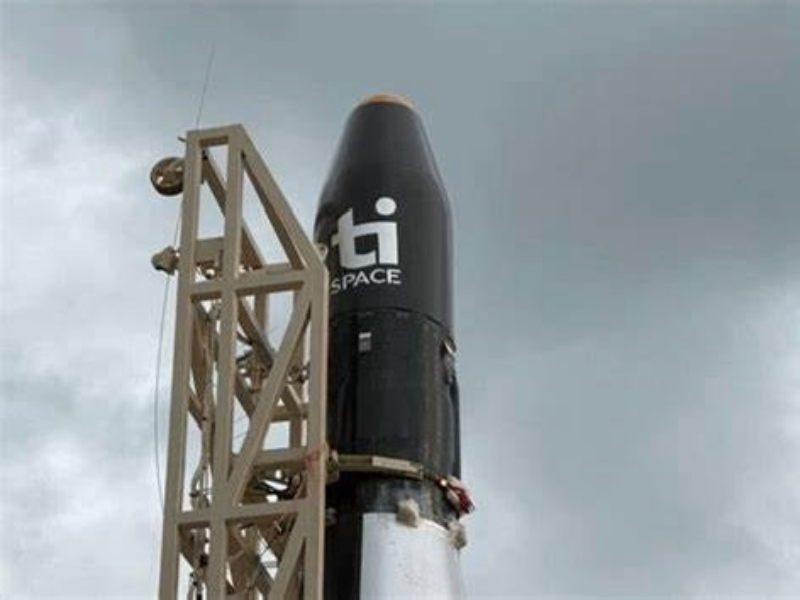- TiSpace, a Taiwanese startup, is poised to become the first foreign company to launch a rocket from Japan in early 2025.
- Japan’s hesitancy due to TiSpace’s history and political factor highlights an inward-looking approach that may hinder innovation.
OUR TAKE
Japan’s hesitant approach to TiSpace’s planned rocket launch highlights its geopolitical concerns and inward-looking space strategy. This reluctance may hinder innovation and prevent Japan from capitalising on the global space race, thus leaving the country in both technological development and geopolitical influence in the space sector.
–Ashley Wang, BTW reporter
What happened
TiSpace, a Taiwanese startup, is set to become the first foreign company to launch a rocket from Japan, marking a significant step in Japan’s ambitions to become a space hub in Asia. The planned suborbital launch in early 2025 will take place in Taiki, Hokkaido, and involves a 12-metre sounding rocket designed to reach space but not achieve orbit.
The move comes amidst Japan’s broader strategy to double its space industry, currently valued at $26 billion, to more than $50 billion by the early 2030s. TiSpace’s venture has garnered support from local businesses and officials, who view it as a symbol of Taiwan-Japan friendship. The project aligns with Japan’s goals of increasing annual rocket launches and enhancing its role as a key player in space transportation.
However, the initiative faces scrutiny due to Japan’s regulatory environment and concerns about foreign involvement in its burgeoning space sector. Japan’s government is cautious, particularly regarding orbital payload launches by foreign firms, which would require stringent oversight.
Also read: Japan’s rocket program navigates a critical juncture
Also read: SpaceX’s Falcon 9 is grounded after Starlink failure
Why it’s important
Once the launch succeeds, it could pave the way for TiSpace to expand its manufacturing capabilities in Japan, targeting the local market. This development reflects a growing interest in international collaboration within Japan’s space sector.
For Japan, on the other hand, its hesitancy is reasonable since TiSpace was founded in 2016 but has still not been successfully launched before, and has failed due to technical problems. Additionally, the planned launch by TiSpace, a Taiwanese company, in Hokkaido is more than a technical exercise, it’s rather a geopolitical statement. Taiwan’s involvement could inadvertently draw Japan into the broader tensions in the historical issue of territory in China.
Leaving the political consideration aside, Japan’s hesitancy to welcome foreign companies reflects an inward-looking approach that may stifle innovation. The global space race demands openness and collaboration, yet Japan’s protective regulatory stance could leave it isolated.

